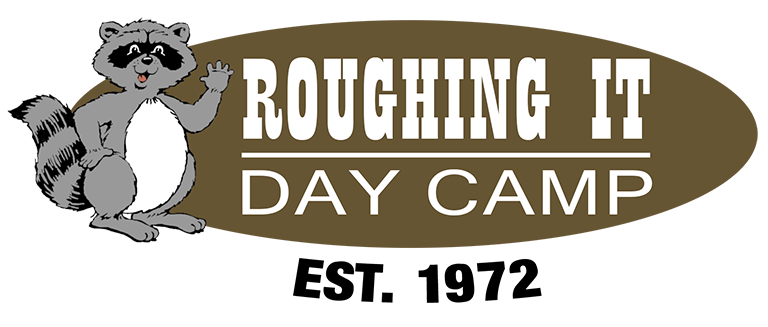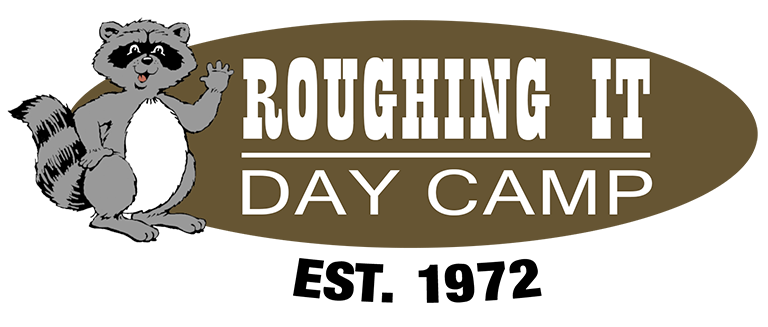It’s that time of year again when we say farewell to summer and hello to composition books and back to school nights. Summer may be over, but for millions of children returning to school they are taking the skills and life lessons they learned at camp with them. According to American Camp Association’s Peg Smith, in her article Take Camp Skills With you, she says children who attend camp, “pack a few extra items from camp in [their] school backpacks” that will surely make their school year a success. Below, we have identified 10 life skills kids learn at camp that will help them on the path to success in the classroom:
-
Critical Thinking- The new Common Core curriculum standards for schools now place a
major emphasize on critical thinking and analytical skills for children in all grades. Camp provides children an experiential learning environment that piques children’s curiosity and helps them think outside of themselves and broadens their critical thinking abilities. Children at camp are asked daily to consider the consequences of their actions, the effect of their language on others, and to work in team environments. Camp activities such as rowing engage campers in a teamwork settings that
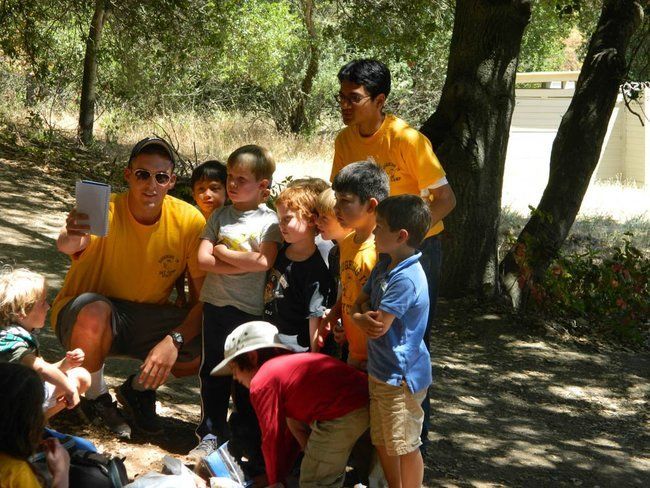 challenge camper’s critical thinking as they navigate obstacle courses and complete a task as a group. The exposure to such experiential learning translates into the classroom as a student who can make astute observations and can easily make connections within the skills they are being taught.
challenge camper’s critical thinking as they navigate obstacle courses and complete a task as a group. The exposure to such experiential learning translates into the classroom as a student who can make astute observations and can easily make connections within the skills they are being taught.
-
Exercise and Physical Activity – Outside of school, camp provides precisely the kinds of opportunities for kids to collaborate with their peers and participate in the type of physical activity and play that aid healthy growth. With 17% of children ages 2-19 being obese according to the CDC it is important to provide children with opportunities to develop healthy ways to engage in physical activity.
-
Creativity– Creativity skill development goes beyond the arts and crafts table at camp. Creativity is more than just knowing which colors match, or being able to draw well. Real creativity is closely related to problem solving and critical thinking, two main skill concepts schools are striving to teach through the common core curriculum, and a skill that is quickly on the decline according to Kyung Hee Kim at the College of William and Mary and interviewed as part of News Week’s article The Creativity Crisis. The experiential environment of camp gives campers vast opportunities to try out their creative thinking skills whether it be determining the best mixture of bait for their fishing line to snag the biggest fish, or creating a fantastic group name and song .
-
Healthy Risk Taking – Healthy forms of risk taking practiced at camp encourage kids to step out of their comfort zone and heightens their confidence as they learn to succeed on their own. Healthy risks come in all forms from trying out a new lanyard technique to challenging themselves to try out a new activity such as kayaking, horseback riding, or fishing. The opportunities to take healthy risks are plentiful and welcoming for children at camp, and children are provided with the adult support and supervision they need to feel comfortable taking such risks.
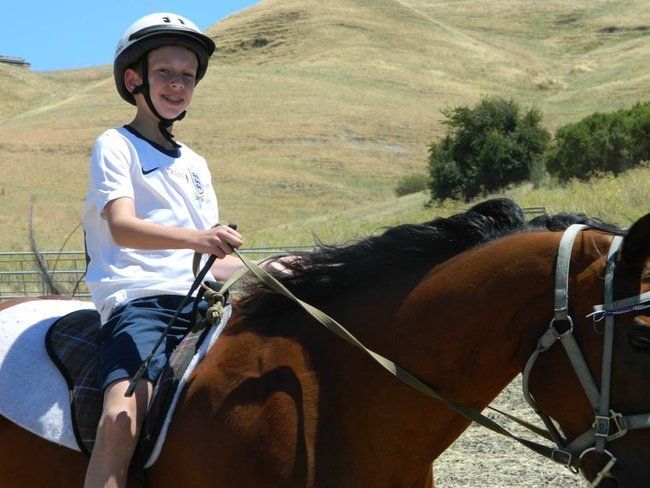
-
Developing Resiliency – Camp provides activities that are often completely new for most children. Trying new things requires commitment and resilience at camp, and kids learn to solve problems and work towards finding a solution to situations they may find more challenging.
-
Learning to Work as Part of a Team – By participating in camp activities together, kids learn to work with their group in program areas. They learn to collectively make decisions that will affect the whole group, and build a sense of community with their peers.
-
Independence – Learning new skills at camp and succeeding at challenging activities helps kids build a sense of independence; campers learn to do things for themselves, and counselors are there to encourage them and help them stand on their own two feet.
-
Learning Social Skills and Building Friendship – Camp provides a focused opportunity for children to work on social and friendship skill building. By being placed in camper groups, kids focus on working with their peers as a cohesive unit and are required to be consciously aware of others’ needs as well as their own in order to work well together.
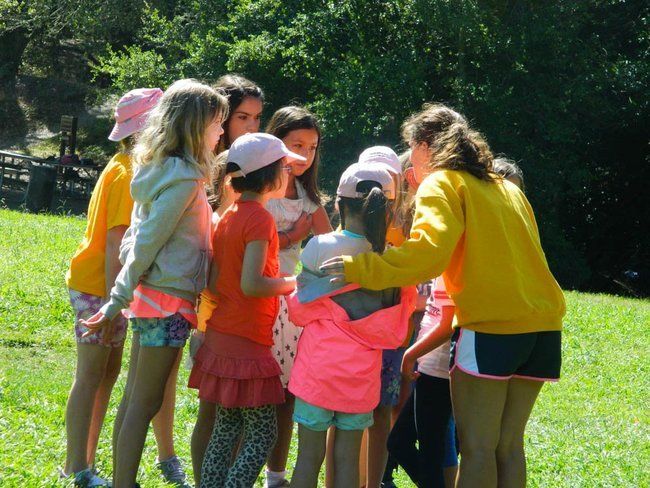
-
Responsibility – At camp campers are held to personal expectations and responsibilities by their counselors and camp staff. This includes carrying their own backpacks, dressing for swimming, and applying their own sun screen. With the thoughtful guidance of their counselor and camp staff campers develop the foundational skills of responsibility. Parents often remark how responsible their children are around the home after a summer camp experience. Bob Ditter, a clinical social worker and psychotherapist, suggests in the article Take Camp Skills to School: “Parents have to make a decision. Are they willing to change something in their practice at home in order to sustain some of the changes their kids have made, such as having a job wheel that you put up on the wall outlining chores?”
-
Leadership Skills -At camp, counselors help campers, shy or outgoing, get the most
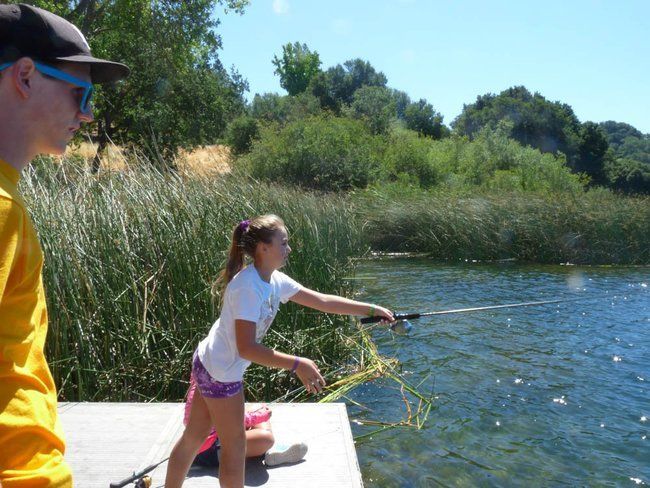 out of themselves through their participation in a supportive, positive group setting. Campers often have a chance to be a group leader in certain activities, whether it be leading their canoe or leading a skit. These opportunities serve to encourage kids to take on leadership roles in other areas of their life and give them the confidence to do so.
out of themselves through their participation in a supportive, positive group setting. Campers often have a chance to be a group leader in certain activities, whether it be leading their canoe or leading a skit. These opportunities serve to encourage kids to take on leadership roles in other areas of their life and give them the confidence to do so.
These skills culminate during a camp session and do not disappear once the camp season has ended. Those campers who return to school after a summer of camp report feeling more confident and more ready to learn. The skills kids learn at camp help them grow as a whole person, and set them up for success to tackle any new academic and social challenges they may face in the upcoming school year. Happy September and good luck in school!
